No movie so far has dealt with the most prodigious of perils – in terms of derailed diplomacies, maligned reputation, dented economy or the sheer brutality of the act itself – that can befall a traveller to the subcontinent – rape. From big budget, star-studded international productions to a sizeable cache of charming, even some hard-hitting indigenous ones, no one has till now tackled this issue. US travel advisories, while tactfully maintaining that ‘though India is generally safe’ it also points out ‘rape is a fast-growing crime.’ Britain and Canada too has joined the seemingly innocuous but ignominious chorus which has seriously traduced India’s tourism potential and whittled industry targets. Millions of livelihoods have been wrung in the bargain. Industry figures had pegged the dip in international arrival figures at 25 per cent as the aftermath of the upsurge in rape and molestation figures in recent years. Instead of tackling head on the widely held perception that India is unsafe for women travellers – and trust me, we have the right and the right reasons to – filmmakers shy away from this topic and use travel instead as backdrops to stoking Stockholm syndromes, bromance, autumnal amours, and of course as an incidental to the eternal favourites – soul-searching and root-finding.
Wolfe Creek National Park with its amazing meteor crater is a tourist hotspot in Western Australia. The eponymous movie (Wolf Creek) is based on true events which took place though not in the national park itself but near Darwin in the Northern Territory. In both the blood-churning instalments (which I have seen; yet to see the third one) backpackers camping in the area are preyed upon by a hillbilly Mick Taylor who otherwise looks like a fluffy gramps by the hearth eager to share tales of growing up in the farm. He is a careful listener, really interested in you and what you have to say and his repartees are sometimes in genuine humour cracking you up. So it hits you nice and hard when he sticks his tongue out a’ la Miley and mouths lines like ‘In this world, there’s people like me, there’s people like you. People like me eat people like you.’ Drawing on cinematic licence, Taylor goes on to stab and torture, maim and hunt and reel out more cheeky chillers (‘I was doing the people a service really but shooting them. There’s kangaroos all over the place…like tourists.’)
In Hostel, the horror flick series, college students backpack across Europe before losing their lives and body parts to organ racketeers. However Slovakian and Czech authorities were po-faced at the way their countries were portrayed in the critically and commercially successful films which reinforced publicly held perceptions as nations overrun by prostitution and mafia rings. Worried that tourists would stay away by the portrayal writer Eli Roth was invited by the Slovaks to see the rosier picture. Then, as Roth himself claimed, the movie only served to show ‘Americans’ ignorance of the world around them.’ The Texas Chainsaw Massacre, he argued correctly, never stopped anyone from going to Texas. Backpackers from all over the world continue to make a beeline to Eastern Europe; cheap sex and drugs remain effective pulls. Organ harvesters or not haven’t really trampled on tourism figures. Despite Mick Taylor (a study-material portrayal by John Jarratt) and his lines becoming cult long before dubsmash Australian tourism continues to flourish.
The second part of Wolf Creek begins with Taylor killing two cops who wrongly pulled him over for overspeeding in his ancient truck. (Cop: You shoot pigs for a living? Taylor: Ya bet your life!) After ridding of the tourists this time, he hunts a third man around the outback killing an old couple in the process. However in the real life series of events which the movie franchise claims to be based on, while mechanic John Murdoch shot and disposed of the body of her friend Peter, Joanne Lees manages to escape by hiding behind a bush. Murdoch was apprehended in one of the largest manhunts ever in Australia and four years later in 2005 was handed life sentence. In India, justice has become swifter, much swifter. In March 2013 a Swiss tourist travelling with her husband in Madhya Pradesh was raped. The rapists were caught in no time and handed life sentences in July the same year. That is, in just four months! An American was raped in Manali by a truck driver and two of his accomplices in June 2013 – all of whom were arrested and sentenced to life – within six months! Instead of covering up such shameful incidents or cowering with embarrassment, we need to give more press to the fast tracking of justice in such incidents and the stern sentences meted out. One popular travel website lists all the places where a rape or molestation has taken place as unsafe for women travellers – one can imagine what the traveller will be left with. The abstemious advisory on the ‘Note on safety and security of women tourists’ on the Incredible India site is at best sequacious:
…international visitors need to exercise caution, just as local residents do, while travelling through or staying at isolated places…
Now, if you missed the earnestness – or actual worthiness – of the warning is because it isn’t there: ‘exercising caution’ can be interpreted in a lot of ways – from arming oneself while travelling through isolated places to avoiding isolation altogether. Then, slagging government diktats or diplomatese are at best irksome with no real outcome. This is where films come in.
Before the Swiss tourist was raped, the couple was abducted from a thickly forested area in MP where they had camped overnight. Well, then Eden Lake has showed how even a bunch of teenagers can turn a frolicsome camping weekend into a chain of gruesome killings. What about the American in Manali? A film to show how hitching a ride in a truck is not a good idea – especially at three in the morning? The murder of teenager Scarlett Keeling in Goa early 2009? Hobnobbing with drug traffickers can be dangerous? The Brit who jumped out of her Agra hotel window two years ago to escape rape by the hotel manager? A film to show how discommoding it would be to allow into your room managers masquerading as masseurs?
My bet is not on Imtiaz Ali or Ayan Mukerji, Zoya or Farhan Akhtar. But Dev Benegal who, with Abhay Deol, gave us the wonderful, little-heard Road, Movie a personal favourite.
(All photographs are Googled images of the movies mentioned.)


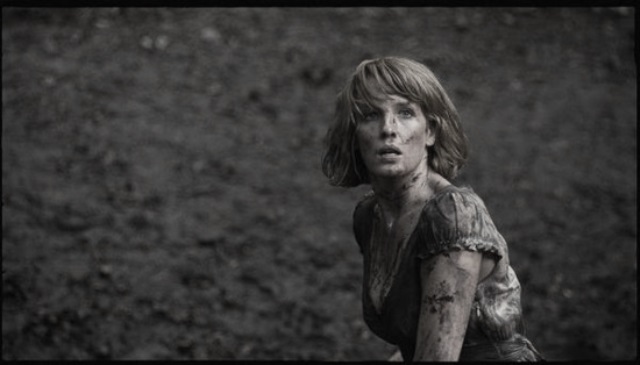
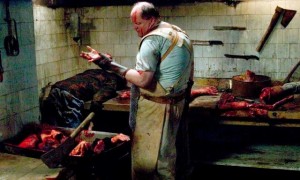
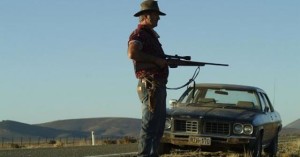
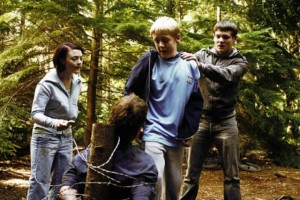


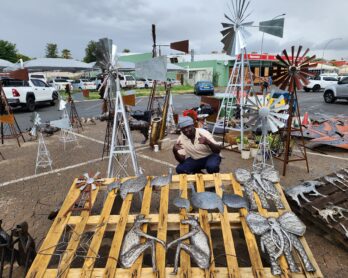



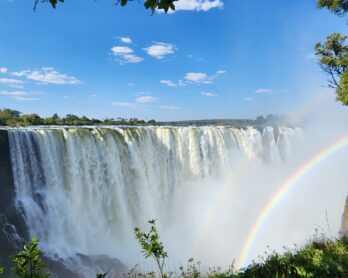
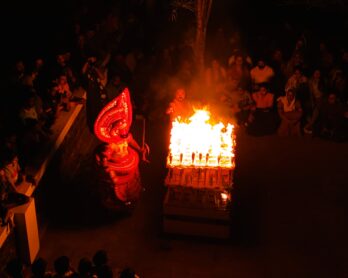

Now that’s a thought. Here’s another: why don’t you?
Hmmm…(thinking) 🙂